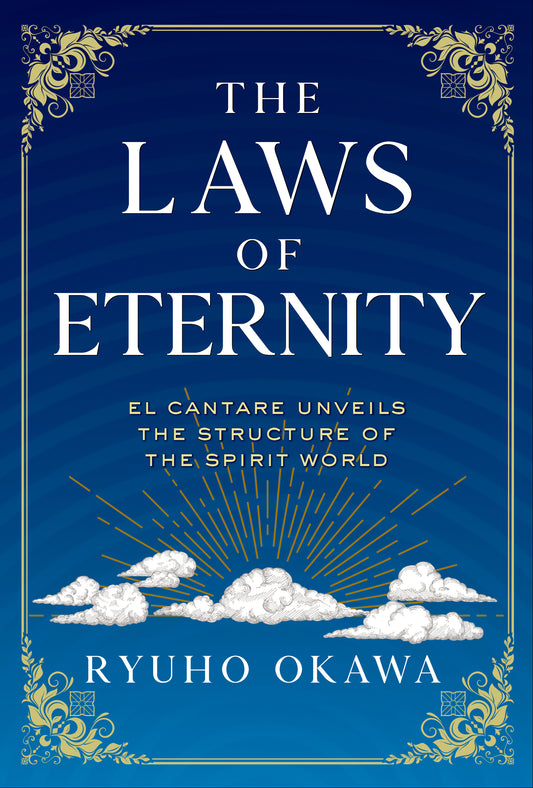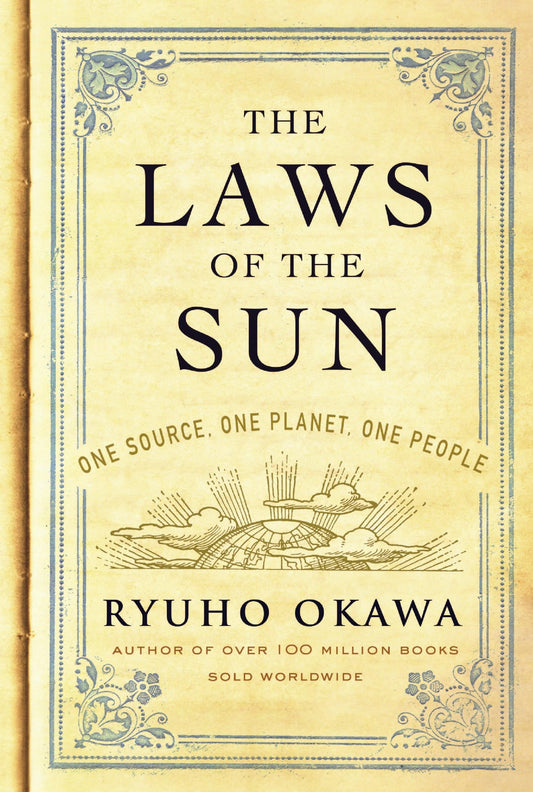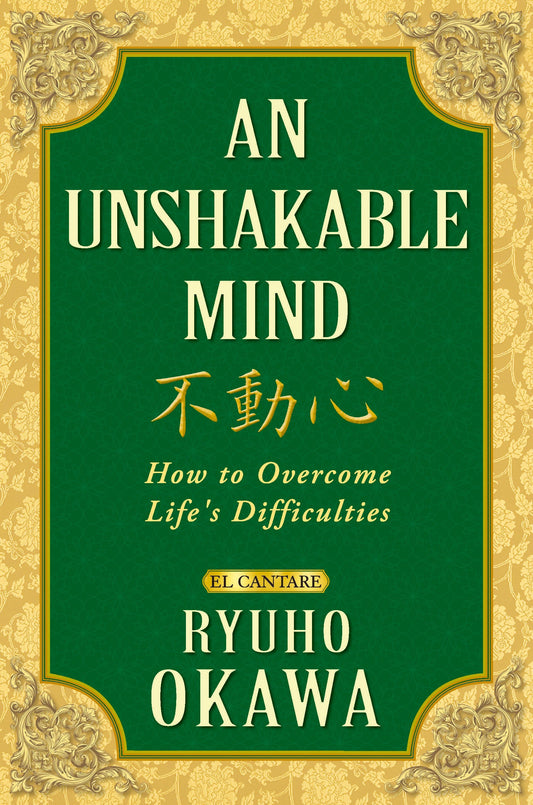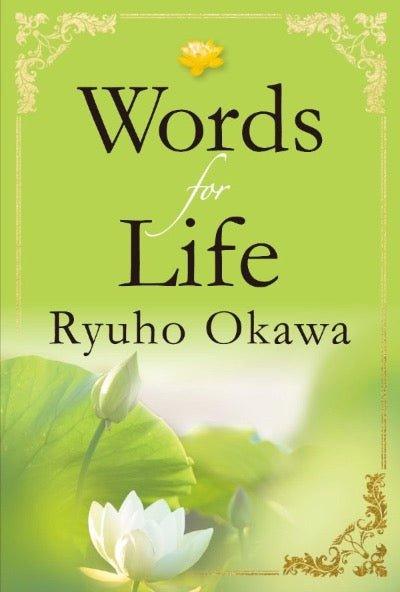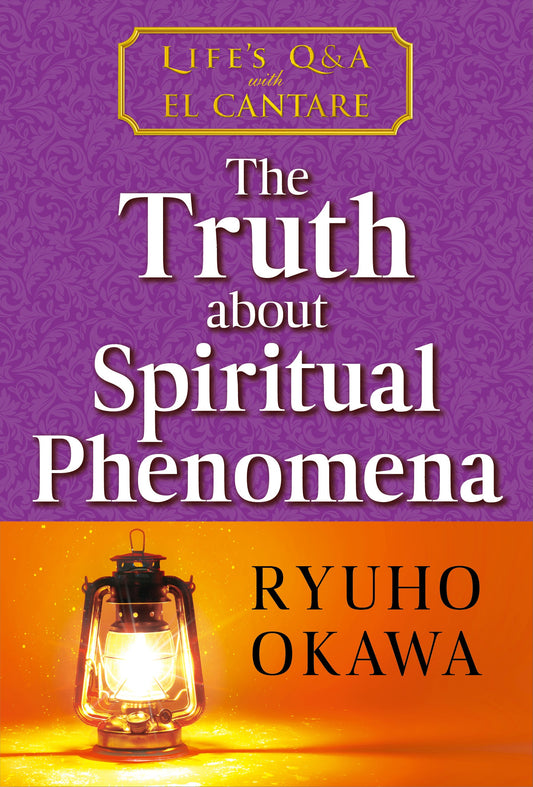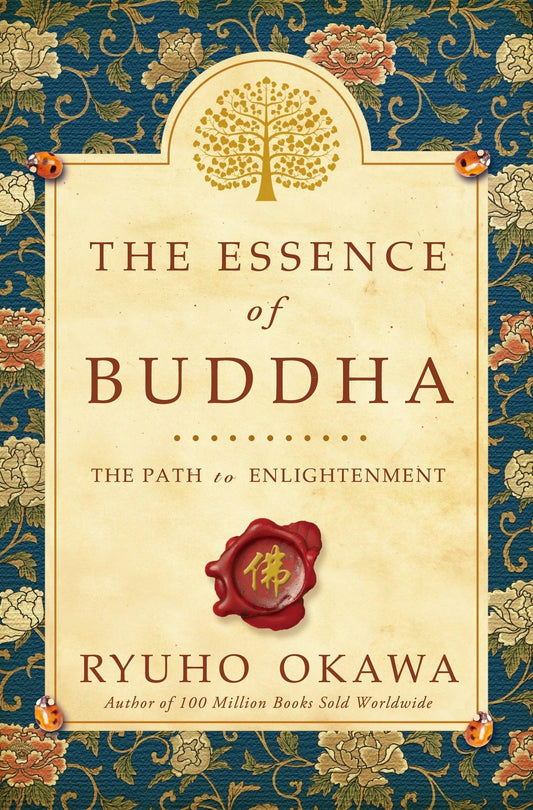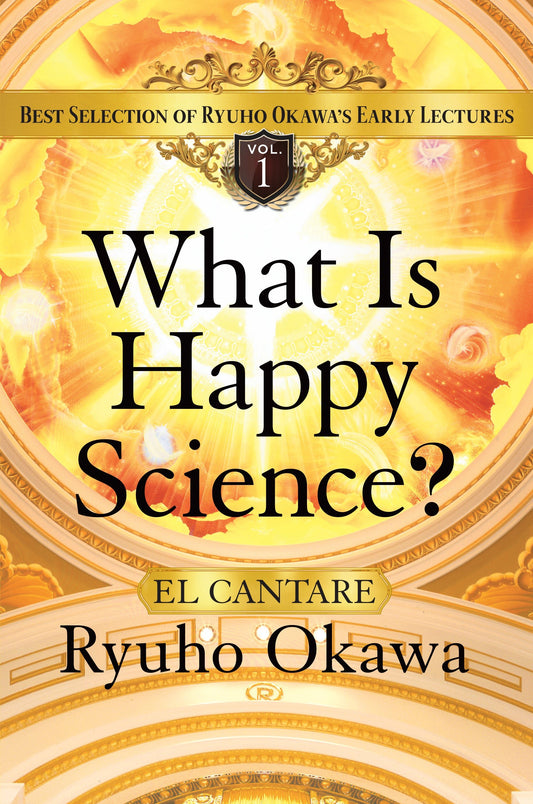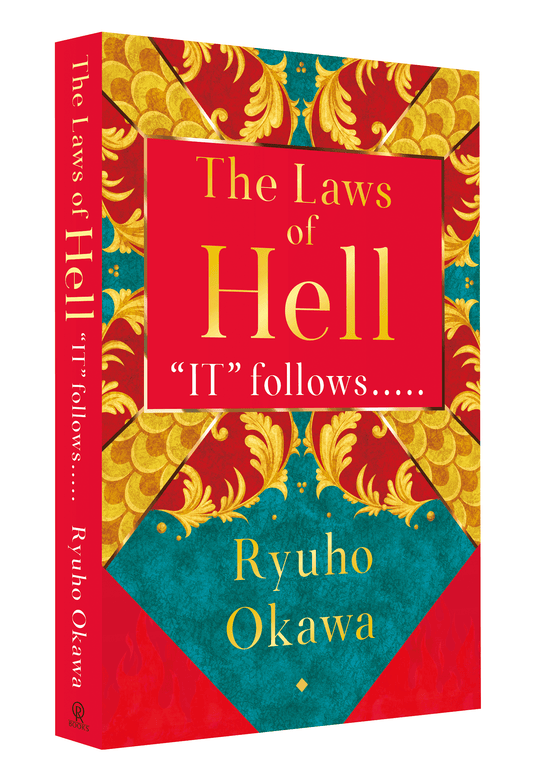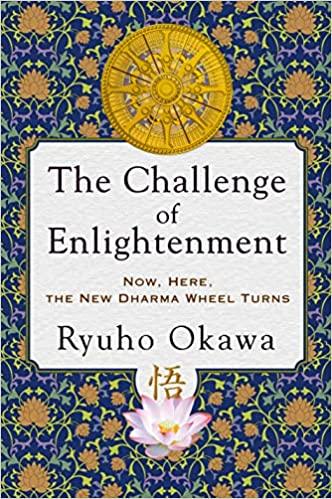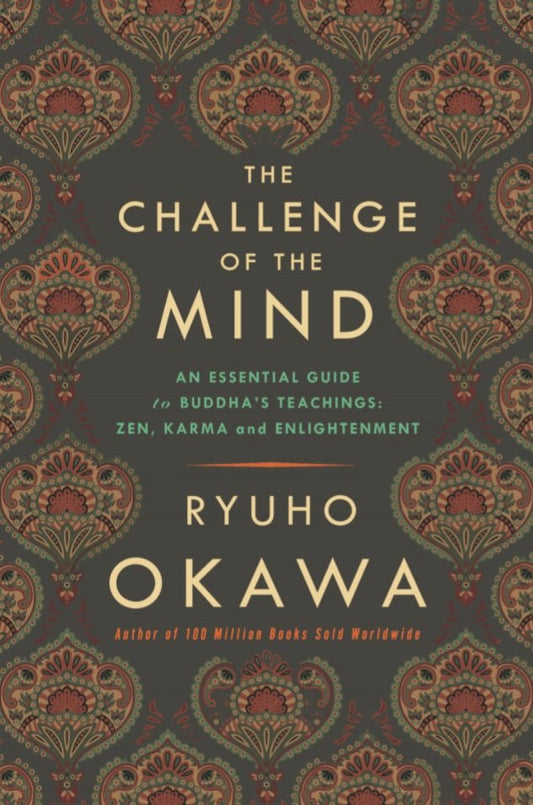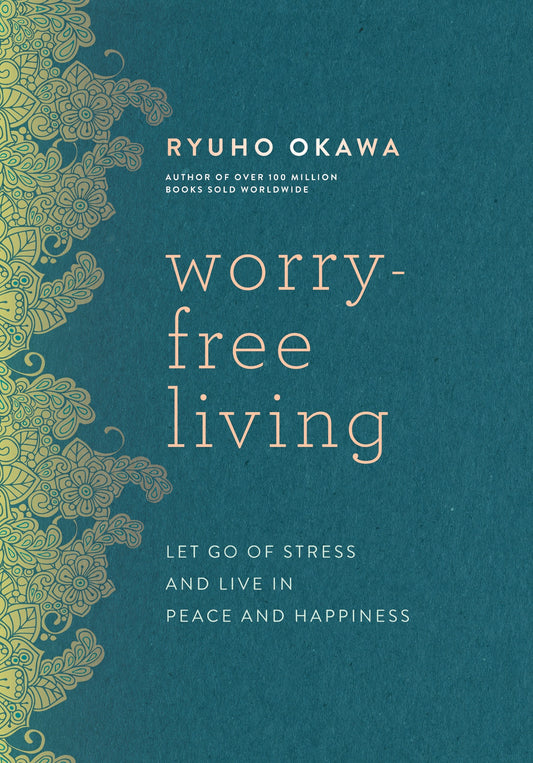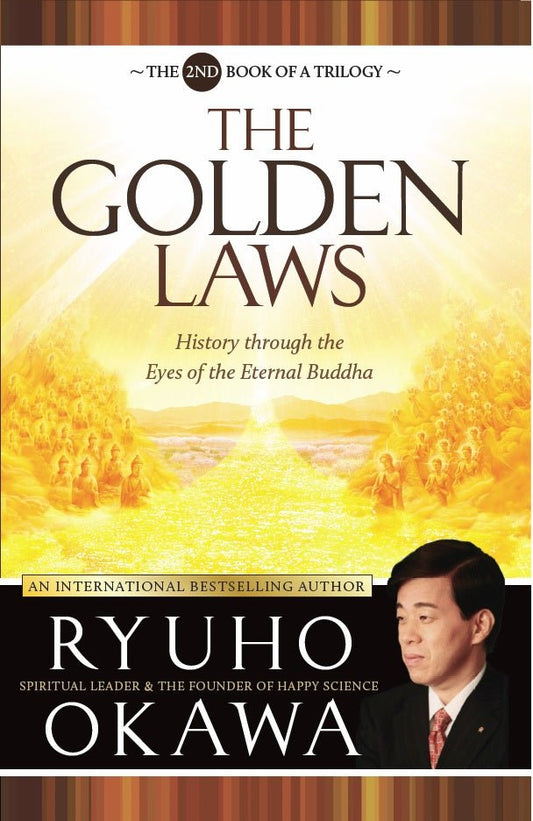Collection: English
-
Book, The Laws of Eternity: El Cantare Unveils the Structure of the Spirit World, Ryuho Okawa, English
Regular price $17.95 USDRegular priceUnit price / per -
Book, The Laws of the Sun One Source, One Planet, One People, Ryuho Okawa, English
Regular price $15.95 USDRegular priceUnit price / per -
Book, An Unshakable Mind : How to Overcome Life's Difficulties, Ryuho Okawa, English
Regular price $17.95 USDRegular priceUnit price / per -
Book, Words for Life, Ryuho Okawa, English
Regular price $15.95 USDRegular priceUnit price / per$15.95 USDSale price $15.95 USD -
Book, Words to Read in Times of Illness , Ryuho Okawa, English
Regular price $17.95 USDRegular priceUnit price / per -
Book, The Truth about Spiritual Phenomena: Life’s Q&A with El Cantare, Ryuho Okawa, English
Regular price $17.95 USDRegular priceUnit price / per$17.95 USDSale price $17.95 USD -
Book, The Essence of Buddha: The Path to Enlightenment, English
Regular price $14.95 USDRegular priceUnit price / per -
Book, What is Happy Science?, Ryuho Okawa, English
Regular price $17.95 USDRegular priceUnit price / per$17.95 USDSale price $17.95 USD -
Book, Words for Work, Ryuho Okawa, English
Regular price $15.95 USDRegular priceUnit price / per$15.95 USDSale price $15.95 USD -
Book, The Road to Cultivate Yourself: Follow your silent voice within to gain true wisdom, Ryuho Okawa, English
Regular price $17.95 USDRegular priceUnit price / per$17.95 USDSale price $17.95 USD -
Book, Words for Building Character, Ryuho Okawa, English
Regular price $15.95 USDRegular priceUnit price / per$15.95 USDSale price $15.95 USD -
Book, The Laws of Hell: "IT" Follows ..., Ryuho Okawa, English
Regular price $17.95 USDRegular priceUnit price / per -
Book, The Challenge of Enlightenment: Now, Here, the New Dharma Wheel Turns, English
Regular price $17.95 USDRegular priceUnit price / per -
Book, The Challenge of The Mind: An Essential Guide to Buddha’s Teachings: Zen, Karma, and Enlightenment, Ryuho Okawa, English
Regular price $16.95 USDRegular priceUnit price / per -
Book, Worry-free Living : Let Go of Stress and Live in Peace and Happiness, Ryuho Okawa, English
Regular price $16.95 USDRegular priceUnit price / per -
Book, The Golden Laws : History through the Eyes of the Eternal Buddha, Ryuho Okawa, English
Regular price $14.95 USDRegular priceUnit price / per

